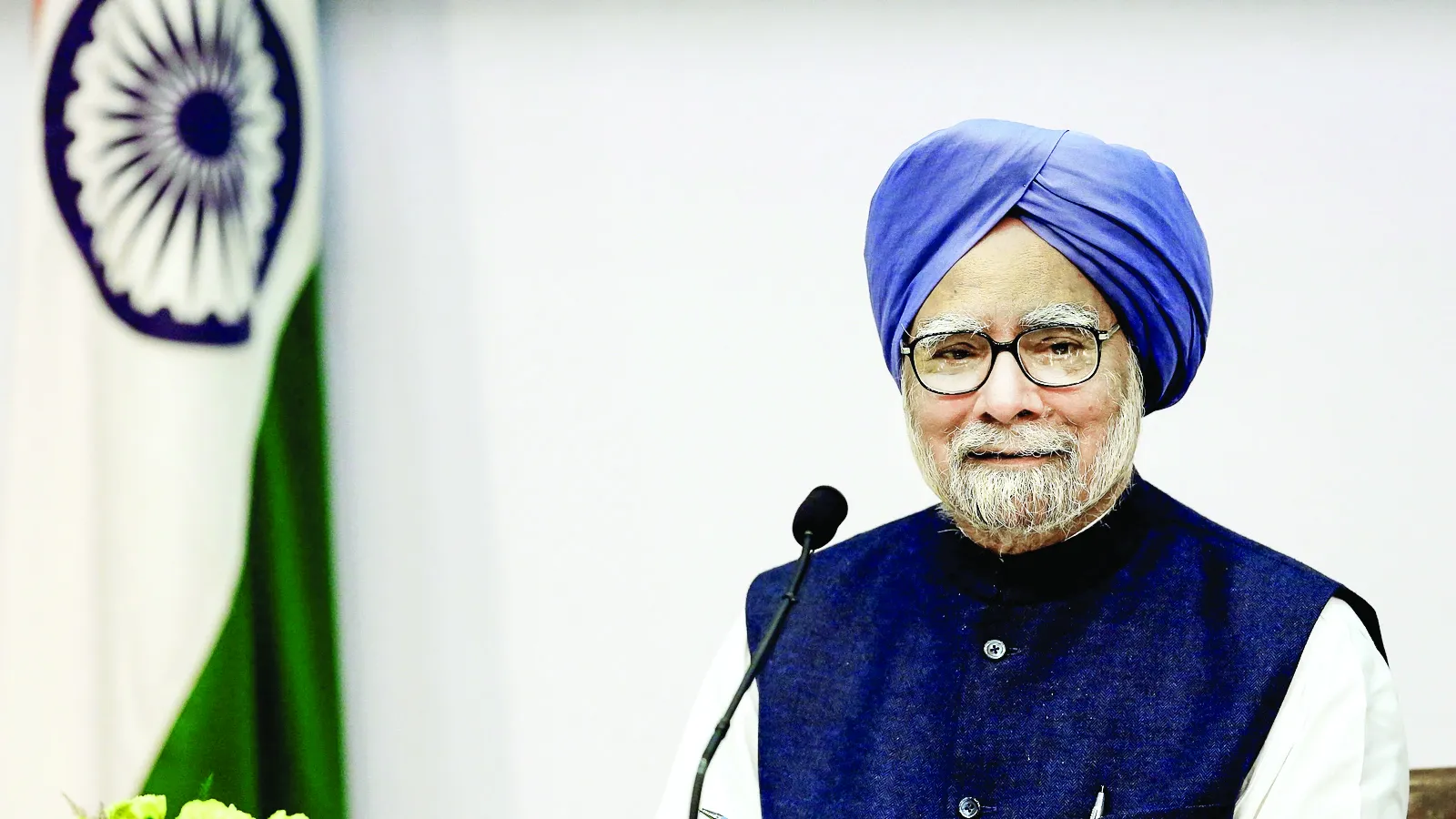Prime Minister Narendra Modi and newly-elected US President Joe Biden are expected to meet on the sidelines of the G7 Summit in Cornwall in June. India has been invited as a guest country by the UK, alongside South Korea and Australia.
Sources said growing proximity between China and Pakistan has been included in the agenda prominently that will come up during the talks between both the leaders. If Covid-19 situation remains under control, PM Narendra Modi will make it to G7 in the month of June, says an official. Sources said PM Modi has had a word with External Affairs Minister S. Jaishankar in this regard.
According to sources, Ministry of External Affairs (MEA) officials in South Block and diplomats in Washington have been asked to fine-tune the agenda in consultation with the officials of the Biden administration. Preliminary rounds of meetings have also been held ahead of this meeting, added the sources. China’s coercive behaviour and its connivance with Pakistan in furthering the anti-India agenda will be what will come prominently during the interaction, sources told The Sunday Guardian.
India’s Ambassador in Washington is learnt to have called on Biden and his some key advisers in what is being seen as an important development ahead of the June meet between Indian premier and the US President. This will be the first personal meeting between both the leaders after Biden got elected as POTUS.
However, PM Modi and President Biden have had telephonic talks on a couple of occasions in the past. In the latest such phonic conversation, the two leaders agreed to strengthen Indo-Pacific security through the Quad grouping of countries. This group is seen as a way to push back against China’s growing assertiveness in the region.
The diplomats of the MEA are also analysing the content of the recent telephonic chat between Biden and Chinese president Xi Jinping. What made this communication important for India was the statement of Biden itself. “Last night, I was on the phone for two straight hours with Xi Jinping,” Biden had told reporters. This was seen as an unusually long interaction for a US president, with whom even face-to-face meetings rarely stretch beyond an hour.
The foreign officers dealing with the US matters were assigned the task to ascertain what transpired between Biden and Xi. “Inputs are being analysed threadbare in the context of US-China policy under the new Biden administration,” say sources. Indian officials posted in the embassy in Washington are learnt to have established contact with their counterparts in the Biden administration to get the inputs of talks between Biden and Xi.
What is good for India is the fact that Biden during the talk with Chinese leader underlined his fundamental concerns about “Beijing’s coercive and unfair economic practices”. The MEA takes it as a positive development from India’s point of view.
When China is discussed during PM Modi and President Biden interaction on the sidelines of G7, Beijing’s behaviour baffling the entire world would be one of the key agendas. Sources said that PM Modi will be meeting other world leaders on that occasion. Apart from this, Pakistan’s growing ties with China at the cost of regional security is also one of the prime concerns that PM Modi and Biden will be sharing. Both the leaders will also be sharing their views on how to strengthen the Quad all the more.
India, United States, Japan and Australia are members of the Quad, an informal group that Washington has been promoting to work as a potential bulwark against Beijing’s increasing political, commercial and military activity in the Indo-Pacific. It is no secret that China has denounced the Quad as “an attempt to contain its development” and urged the United States to drop its “Cold War mentality”.























